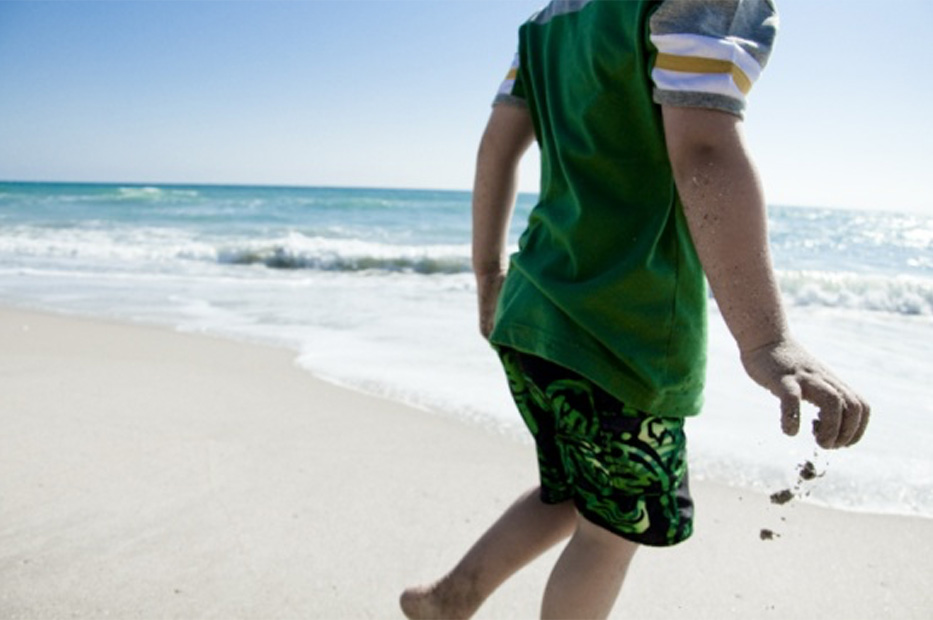
The loss of your child
In the wake of this life altering event, your hopes, your dreams and your plans for the future are all turned upside down. You are embarking on an experience that is thought by many to exceed all other bereavement experiences. The child that you loved and were so deeply attached to is gone. No one, your spouse included, will experience this loss exactly the same way as you will. Do not try to compare your experience to those of others or to judge how long your grief should last. Instead, live through this experience one day at a time. Your grief is unique.

It is difficult for a parent to bring a child into the world, protect, nurture and care for this child and then to go on living after the child's death. The death of a child, in some way, violates the law of nature by which we expect the young to grow up and replace the old. Know that you are entitled to all of your feelings and emotions, whatever they may be.
Fear, guilt, anger, regret and sadness are all normal and healthy reactions, even if you may be shocked by their sheer intensity and unexpectedness. Respect the signals from your body and mind and take care of yourself.
And most importantly, be honest with yourself and others about how you feel. Allow yourself to express your pain openly. These feelings need to be expressed so healing can take place. Talking about your grief will not make it go away but it will show you that what you feel is neither bad nor crazy.
Be patient and tolerant with yourself; it will take time. Don't put time limits on your recovery. It may be years before you begin to feel normal again, and that normal will be a new normal. It may be that you never feel quite the same again, but that will not mean your life is not worth living.- It will not be the same, it will be different, but joy and happiness are still possible at the end of this journey.



